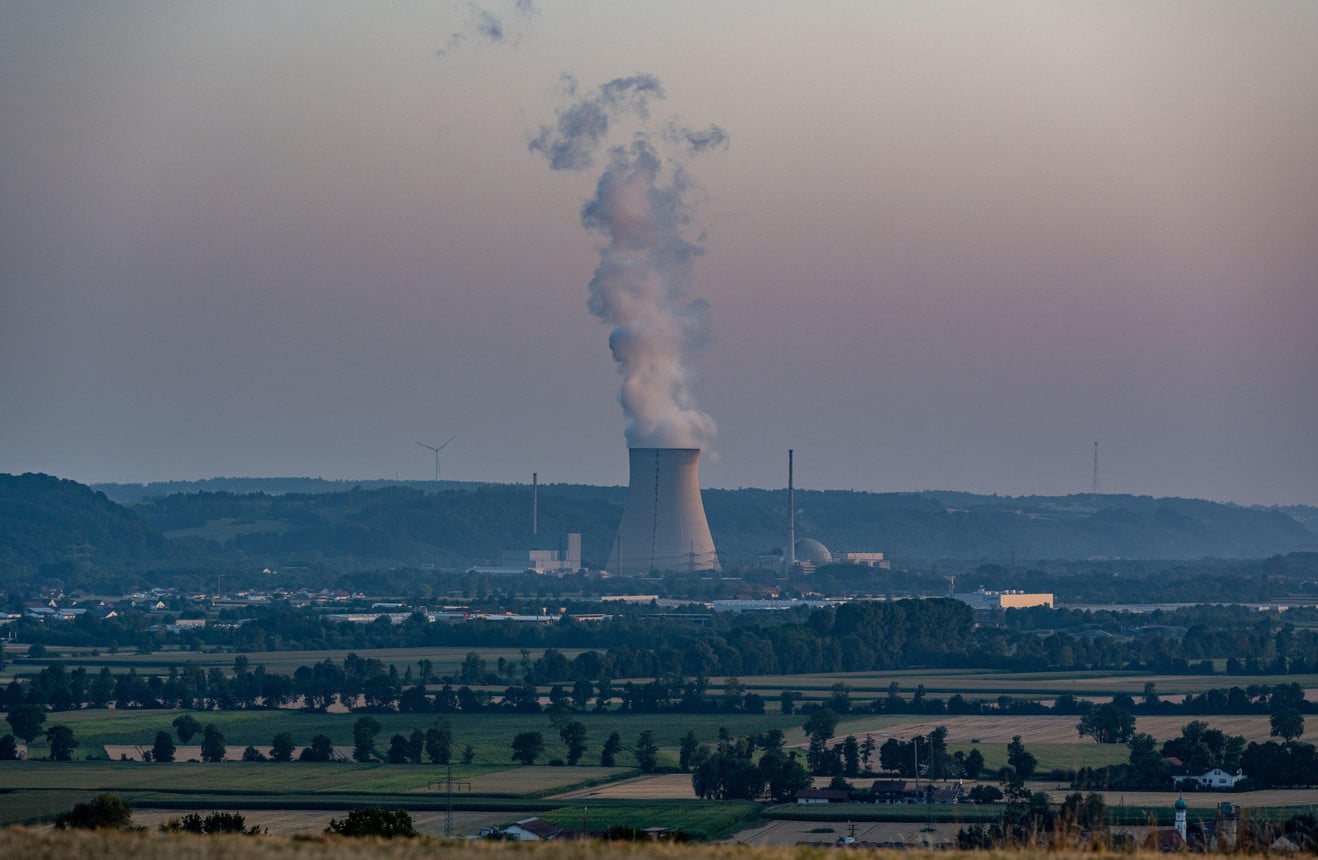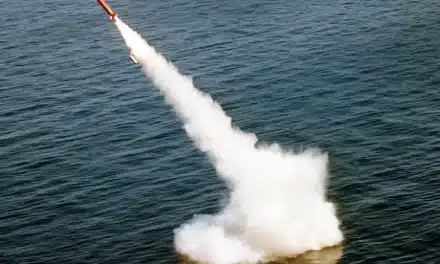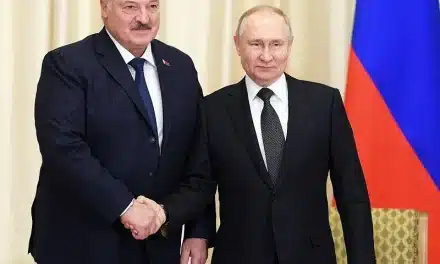Germany is shutting down its last three nuclear reactors today, marking the end of its nuclear era, even as it faces an energy crisis due to the war in Ukraine and seeks to transition away from fossil fuels. While many Western countries are increasing their investments in atomic energy to reduce emissions, Germany has been working to phase out nuclear power since 2002, a process accelerated by former Chancellor Angela Merkel in 2011 following the Fukushima nuclear disaster in Japan.
The decision to exit nuclear power has been popular in Germany, where a strong anti-nuclear movement has been fueled by concerns over the risks of nuclear power, such as those posed by the Cold War and the Chernobyl disaster in Ukraine. However, the energy challenges caused by Russia’s invasion of Ukraine, which has led to the end of cheap gas imports, and the urgency to reduce emissions have prompted calls within Germany to delay the nuclear phase-out.

Greenpeace, a key player in the anti-nuclear movement, organized a celebration at Berlin’s Brandenburg Gate to commemorate the occasion. However, some critics, including climate activist Greta Thunberg, have called Germany’s decision to close nuclear plants while increasing coal usage “a mistake.”
The three remaining nuclear plants, which provided only 6% of Germany’s energy last year, will be taken offline by the end of the day. Germany’s Economy Minister Robert Habeck, a member of the Green Party, which was founded on opposition to nuclear power, has reassured the public that the government has the energy situation “under control” and is focused on producing 80% of the country’s energy from renewables by 2030. To achieve this, Chancellor Olaf Scholz has called for the installation of “four to five wind turbines a day” in the coming years.
However, experts warn that Germany’s current rate of progress on renewables may be insufficient to meet its climate protection goals, as the expansion of renewables has not been adequately prioritized in the past decade.
Source: thejournal.ie




